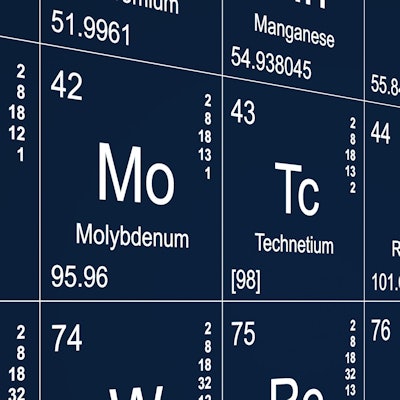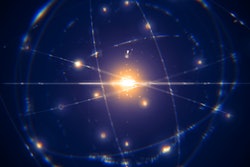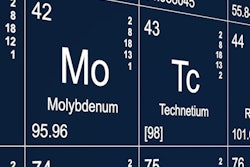
BWXT Medical has submitted a new drug application to the U.S. Food and Drug Administration (FDA) seeking approval of its technetium-99m (Tc-99m) generators for diagnostic imaging.
Tc-99m is used in over 40 million diagnostic procedures annually, and it is the daughter isotope of molybdenum-99 (Mo-99). Mo-99 is typically produced in research reactors using uranium as a starting material. Conversely, BWXT's proprietary technology features a neutron capture process to produce Mo-99 using natural molybdenum rather than enriched uranium targets.
According to the new drug application, Mo-99 will be produced at a reactor operated by Ontario Power Generation and subsequently incorporated into Tc-99m generators at BWXT Medical's facility at Kanata, Ontario. There, the isotopes will be eluted from the generators, labeled, and shipped to radiopharmacies and hospitals across the U.S. and Canada.
The new BWXT generators will integrate naturally into the current radiopharmacy supply chain and provide the same concentration of Tc-99m that is currently available from generators that use fission-based Mo-99 made from uranium targets, according to the company.
The process is hoped to mitigate radioactive waste streams and nuclear proliferation concerns and will significantly reduce production and waste costs relative to current market participants, BWXT Medical representatives added.




















